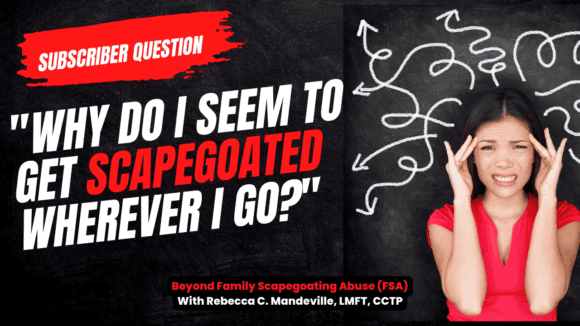Beautiful Scars: What the Art of Kintsugi Can Teach Us About Healing From Family Scapegoating Abuse (FSA)
The ancient Japanese art of Kintsugi beautifully illustrates the concept of embracing imperfections and turning brokenness into beauty. Versus feeling self-conscious or a sense of shame or inferiority as related to their intrapsychic wounds and scars, adult survivors of family scapegoating abuse (FSA) may benefit by re-envisioning their healing process from family trauma and abuse as a journey of artful restoration whereby intrapsychic wounds are transformed into imperfect – yet still beautiful – scars.



